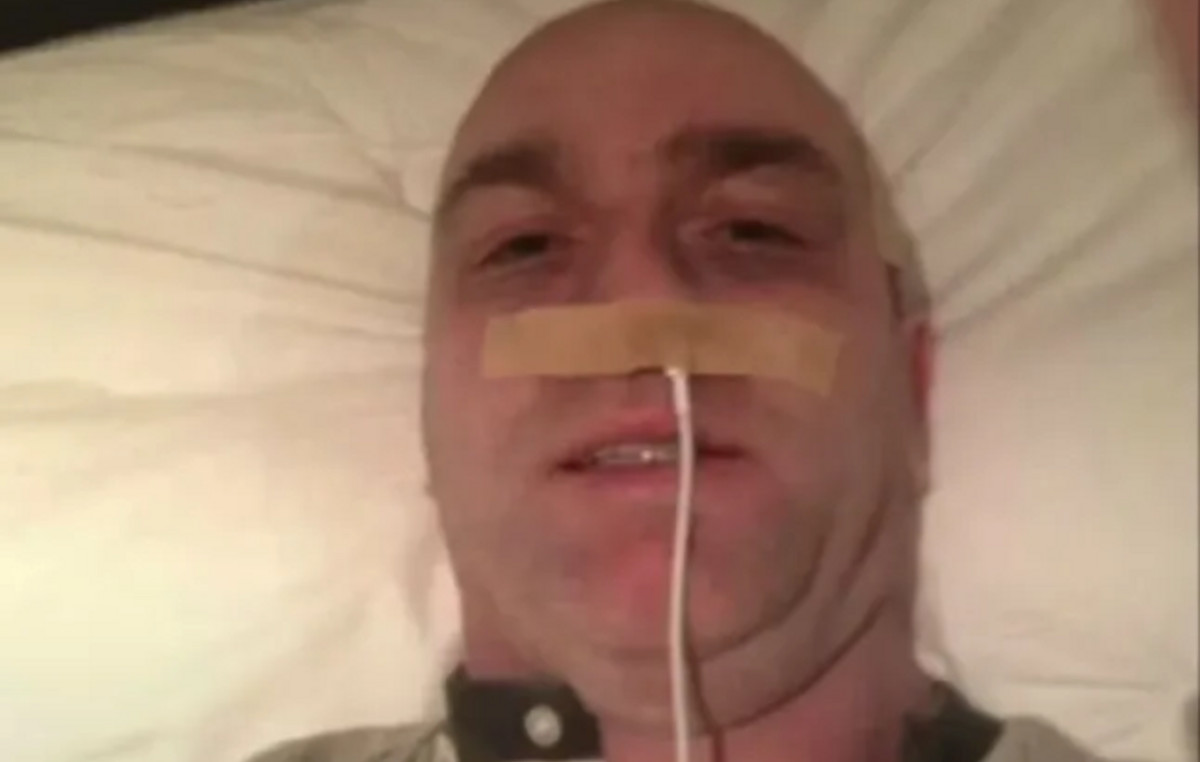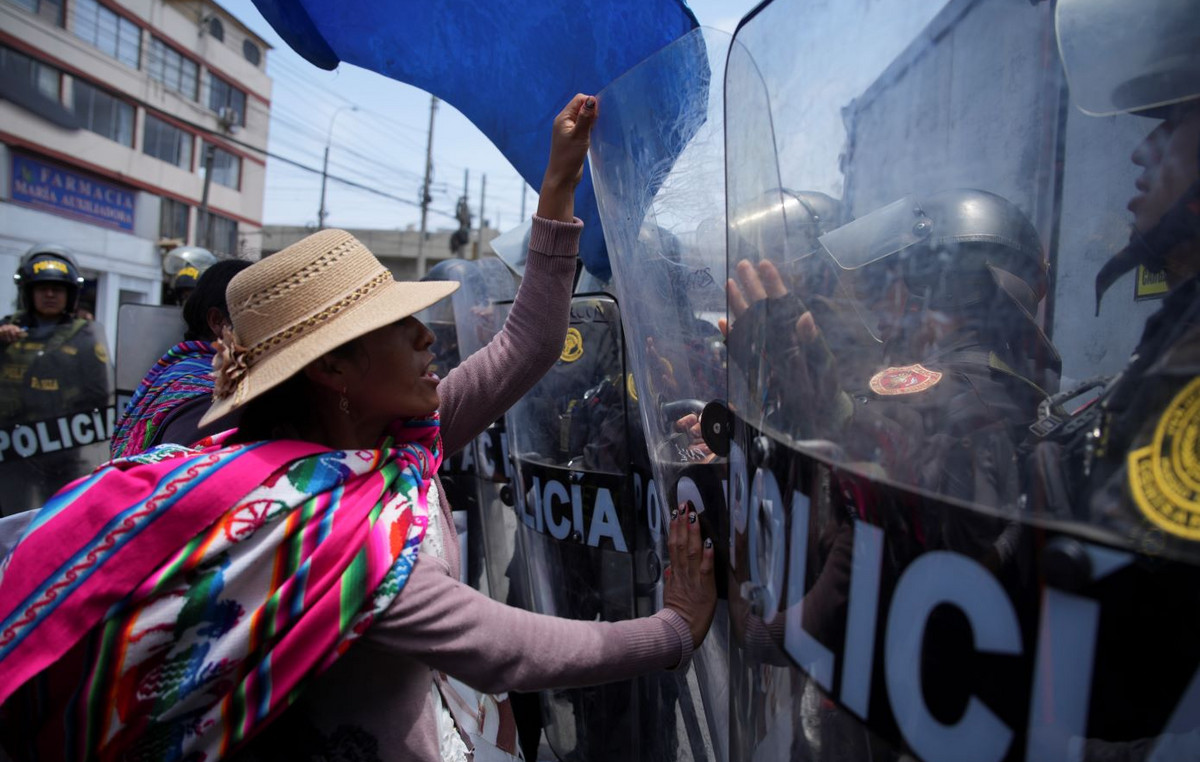The number of cases of whooping cough increased by more than 1,000% in 2024 alone, compared to the previous year, in Brazil. Most of the records are in the states of Paraná, São Paulo, Minas Gerais, Rio de Janeiro and the Federal District, according to data from the Ministry of Health. In the capital of São Paulo alone, the increase was 3,436% compared to 2023, according to the epidemiological bulletin from the São Paulo Municipal Health Department (SMS-SP).
According to infectious disease specialist Rosana Richtmann, vaccine consultant at Delboni, one of the main factors for this increase is the drop in vaccination coverage. “Every time we have a reduction in vaccination coverage in a highly contagious disease, we end up having pockets of susceptible people [a ter a doença] and that they ended up not doing the booster vaccination”, he explains.
In Brazil, the disease mainly affects the white population (48%), followed by the brown population (33%). However, 15% of cases do not have information about race/color.
One concern among experts is in relation to pregnant women, who must receive a dose of the triple bacterial vaccine (DTP) from the 20th week of pregnancy. “We have some data showing that practically 50% of pregnant women are vaccinated. This has a huge impact on the risk of a newborn being born without this protection. The only solution to this is encouraging and guiding pregnant women to get vaccinated”, adds the specialist.
Another point analyzed by the infectious disease specialist is the course of the disease itself. “Pertussis is a highly contagious infectious disease that traditionally appears in outbreak situations every 5 to 8 years. So, as the last cycle was in 2014, it was to be expected that, at some point, we would see an increase in the number of cases”, says Richtmann.
The specialist also adds that greater access to diagnostic tests for the disease, especially among the population that has greater access to private laboratories, facilitates greater detection of cases of the disease. “If you look at the numbers in São Paulo, the real increase in cases is related to white teenagers who live in upscale areas of the city, that is, they have access to diagnosis”, he explains.
On the other hand, in a part of the population with less access to tests, there is a delay in detecting the disease, which increases the risk of transmission and, consequently, leads to an increase in cases.
Brazil also records greater lethality from the disease
Pertussis fatality rate is the highest since 2019, reaching 0.45% of notifications. Between 2021 and 2023, the country did not record any deaths from the disease. The highest rate of the disease in the last ten years was in 2014, when the infection killed 1.4% of cases.
“Pertussis, traditionally, is more lethal in children, those under one year of age and those under six months of age”, explains Richtmann. “Again, if there is a delay in diagnosis, you delay treatment with antibiotics, making this child much more vulnerable to having a more serious illness, especially if he does not have the vaccine protection offered by the mother’s immunization during the pregnancy”, he adds.
What is whooping cough?
Whooping cough is a respiratory infection caused by bacteria Bordetella pertussis. It causes symptoms such as dry coughing attacks, as well as fever, general malaise, runny nose and, in some cases, vomiting and difficulty breathing.
Transmission of whooping cough occurs mainly through direct contact between a sick person and an unvaccinated person through droplets eliminated by coughing, sneezing and talking, according to the Ministry of Health. In some cases, contagion can occur through contaminated objects with secretions from sick people, but it is less frequent.
The bacteria’s incubation period, that is, the time that symptoms begin to appear from the moment of infection, is, on average, 5 to 10 days and can vary from 4 to 21 days and, rarely, up to 42 days.
The diagnosis is made through tests that isolate the bacteria in material collected from the nasopharynx, analyzed using the polymerase chain reaction (PCR) technique in real time. Some complementary tests, such as blood count and chest x-ray.
Among the main complications caused by severe cases of pertussis are ear infection, pneumonia, respiratory arrest, dehydrationseizure, brain injury and even death. In children, especially those under six months of age, complications tend to be more serious.
Vaccination is the main way to prevent pertussis
THE Vaccination is the main means of preventing pertussis . The Ministry of Health advises that children up to six years, 11 months and 29 days of age be vaccinated against the disease. Specific vaccines for pregnant women and health professionals who work in maternity wards and neonatal hospitalization units are offered by the Unified Health System (SUS).
According to the folder, a person becomes immune to the disease in two situations:
- When acquiring whooping cough (immunity is long-lasting, but not permanent);
- Through the vaccine, with a minimum of three doses with the pentavalent vaccine (DTP, which protects against diphtheria, tetanus and whooping cough, plus Hib and hepatitis B), with a booster at 15 months of age and another dose at 4 years of age with DTP. Pregnant women must receive the adult dose of the vaccine (dTpa).
*With information from Beto Souza, from CNN
This content was originally published in Why are pertussis cases increasing? Expert analyzes on the CNN Brasil website.
Source: CNN Brasil
I am an experienced journalist and writer with a career in the news industry. My focus is on covering Top News stories for World Stock Market, where I provide comprehensive analysis and commentary on markets around the world. I have expertise in writing both long-form articles and shorter pieces that deliver timely, relevant updates to readers.






